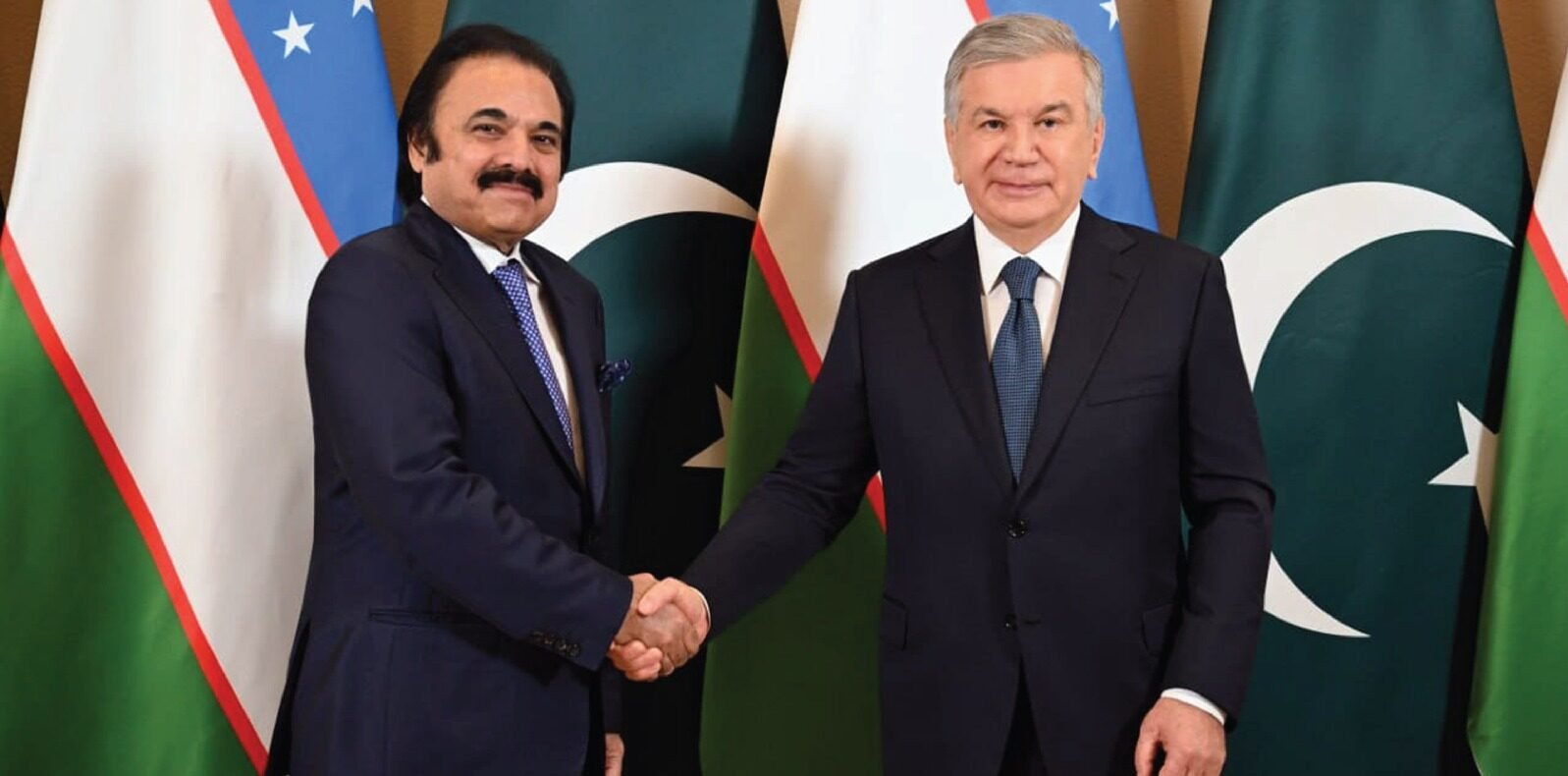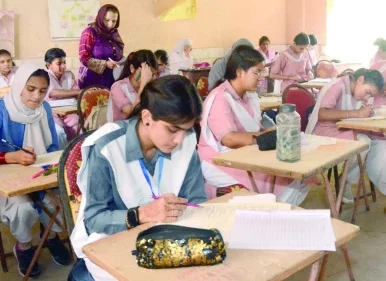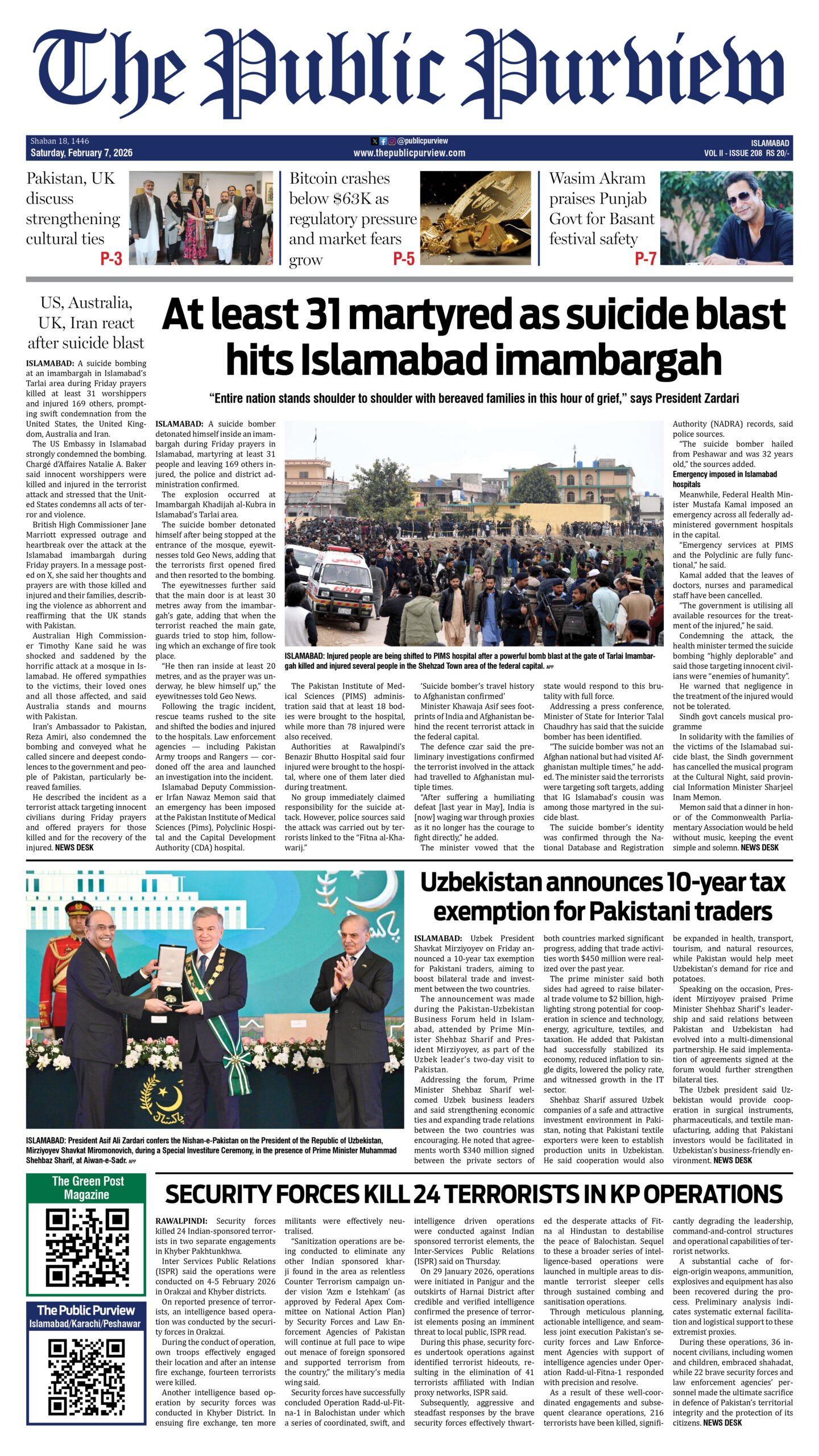Experts warned of a major financial strain on Karachi’s industries and small-and-medium enterprises, remarks that come in the wake of the National Electric and Power Regulatory Authority’s (NEPRA) recent decision to revise downwards the multi-year tariff for K-Electric (KE), in which the regulator cut the rate by Rs7.6 per unit.
Earlier this week, NEPRA, in a series of determinations that included transmission, distribution, supply, and generation, reduced KE’s MYT for 2024–2030 from Rs39.97 to Rs32.37 — a decision analysts said would cause a massive financial loss to the power utility that serves the nation’s largest city and fuels Karachi’s industries.
Additional Charges Deepen Burden on Karachi’s Industrial Sector
A plethora of analyst reports and industrial associations’ statements followed, revealing that customers would face an additional charge of roughly Rs1.6 for electricity consumed in FY24. On top of the PHL surcharge Karachi customers also face, many experts called the treatment “unfair,” especially for Karachi’s industries, which are already grappling with high operational costs and energy volatility.
PRIME Webinar Highlights Energy Security Challenges
A similar theme was echoed at a webinar organised on Saturday by the Policy Research Institute of Market Economy (PRIME), titled Karachi’s Energy Security: Challenges & Opportunities. The session, moderated by Ali Ehsan – Chief Development Officer at PRIME – focused on the implications of NEPRA’s decision for Karachi’s industries, energy reliability, and investor confidence.
KE CEO Defends Utility’s Position Amid Urban Complexities
Moonis Alvi, CEO of K-Electric, stated that the MYT should have reflected KE’s ground realities, as it supplies power in a complex urban setting. His remarks referenced massive migration toward Karachi, which has resulted in slum settlements and a poor law-and-order situation — all of which directly impact how Karachi’s industries operate and grow.
Despite these challenges, KE has significantly reduced aggregate technical and commercial losses from around 45% to below 20%, the CEO added. Alvi remained optimistic, saying the issues can be addressed through constructive engagement with NEPRA and the government.
He also clarified that KE’s cost of generation was lower and the company more efficient when compared with the national grid and XWDISCOS in “an apple-to-apple comparison,” a factor that should matter deeply to Karachi’s industries dependent on reliable and affordable energy.
Shabbar Zaidi Warns of Financial Collapse
Among the panelists was former FBR chairman Shabbar Zaidi, who termed NEPRA’s decision financially unviable, predicting that within two years KE could face bankruptcy. He stated that KE’s current Rs4 billion profit could turn into an Rs81 million loss due to the tariff cut. Zaidi added that no DISCO can be privatised under such a regime — a warning that carries serious implications for Karachi’s industries, which rely on private sector efficiency.
Industrial Stakeholders Slam “Ad Hocism” in Energy Policy
Meanwhile, Haroon Shamsi, representing industrial stakeholders, criticised what he called governmental “ad hocism” in energy policymaking. He noted that Karachi’s industries are already burdened by high-capacity payments, now compounded by retrospective fuel charge adjustments (FCA) and the PHL surcharge of Rs3.23/kWh — despite the city’s exclusion from circular debt.
“Industries have already closed their financial books and filed tax returns. Do we all go back and refile everything?” Shamsi asked, highlighting the disruptive nature of the policy shift.
SMEs Face Greater Risk Than Large Industrial Players
Shamsi warned that small and medium enterprises (SMEs) would suffer the most, as larger industries could set up captive power plants while smaller players lacked that capacity. He also questioned whether KE could sustain service levels under financial stress, hinting that longer outages and slower fault rectification may follow — a scenario that could severely impact Karachi’s industries, especially those operating on tight margins.
Energy Experts Warn of Grid Modernization Chokehold
Zeeshan Ali, an energy sector professional, highlighted the technical dimension of energy security. “If KE’s investment plans face a chokehold, it prevents modernization and grid upgrades,” he said. “This isn’t just a tariff issue — it’s a threat to Karachi’s future power reliability and the long-term health of Karachi’s industries.”
Reversal Without Evidence Sparks Frustration
Industrialist and energy sector expert Rehan Javed called NEPRA’s reversal of its own decision incomprehensible. “It took 2.5 years to come to a mutual decision after consultation across all stakeholders and just two months to undo it, without new evidence.” Such unpredictability, he implied, undermines trust in regulatory processes and threatens the stability of Karachi’s industries.
Panelists Call for Structural Reform and Market-Driven Tariffs
Responding to a panelist’s comment on increased communication, Moonis Alvi echoed the need for better public understanding of how consumer tariffs are set by the government.
Panelists collectively called for urgent structural reforms in the power sector to restore sustainability and investor trust. Political decision-making must give way to sustainability and competitiveness, emphasising that tariff-setting authority should be market-driven rather than controlled by a regulator under government influence. Ending the uniform tariff regime was a mutually echoed sentiment, as it distorts market signals and penalizes efficient utilities — including those serving Karachi’s industries.
Read related ndws here: https://thepublicpurview.com/category/business-news/
Stay updated with verified reports, impactful headlines, and real-time coverage. We bring you trusted news from across Pakistan and beyond. For full stories, in-depth analysis, and exclusive updates, follow or visit our website. Your source for credible journalism, national resilience, and the voices that matter most—delivered with clarity, urgency, and integrity.
For climate-related stories, visit: The Green Post






 Today's E-Paper
Today's E-Paper